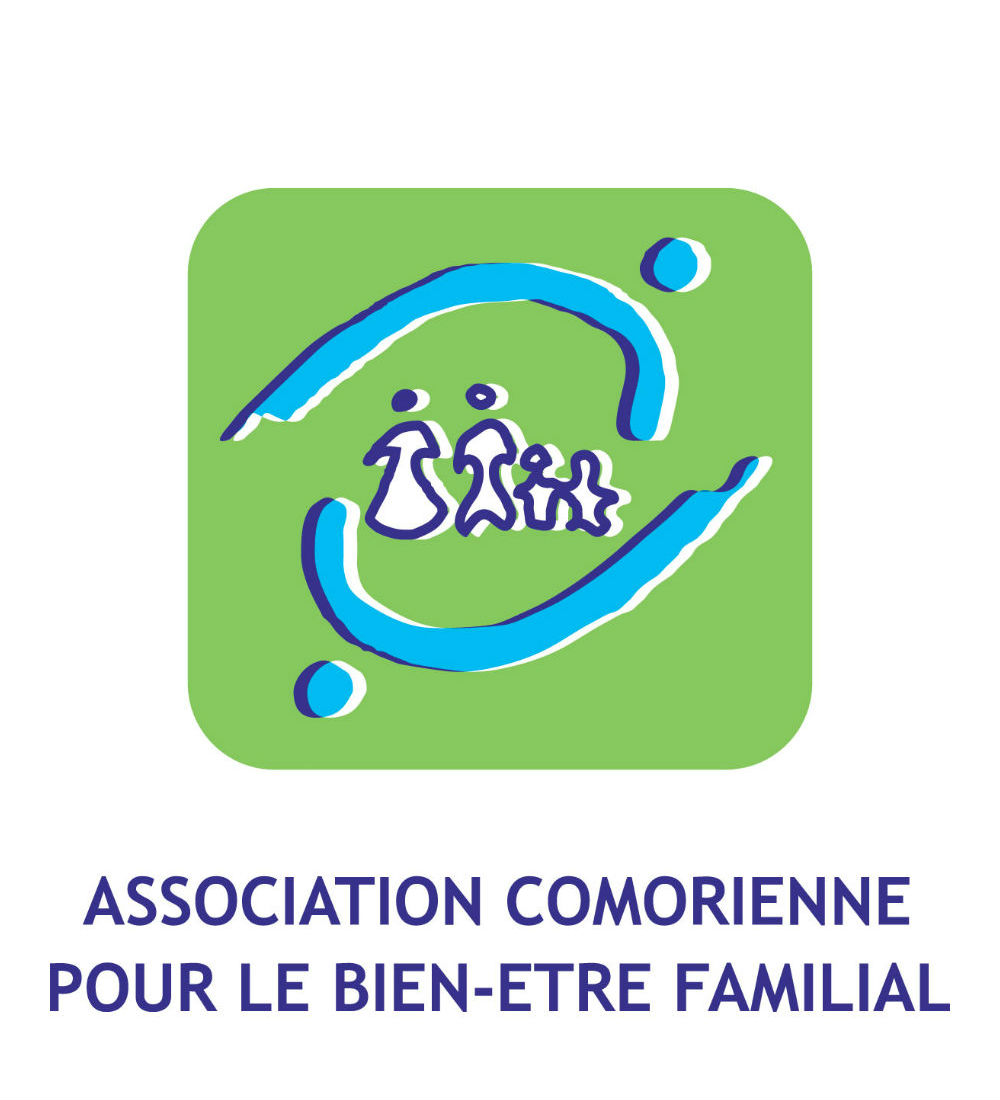

| 31 March 2016
Family Planning Association of Nepal
Established in 1959. the Family Planning Association of Nepal (FPAN) is Nepal's first national family planning service delivery and advocacy organization. It is a major collaborator of the Government of Nepal's national sexual and reproductive health (SRH) program, contributing a greater percentage of all SRH services in Nepal annually. FPAN serves Nepalese people in 44 districts, focusing on the poor, marginalized, socially excluded and underserved (PMSEU) populations, which include female sex workers, people living with HIV (PLHIV), LGBTIQ people, injecting drug users, men who have sex with men (MSM), migrant workers, people with disabilities (PWD), survivors of gender-based violence (GBV), urban slum dweller and people affected by disaster and crisis. The mission of FPAN is to "champion a volunteer movement for increased provision of SRHR to all, particularly to those most at risk, marginalized, and under-served". The planned outcomes set by FPAN for the strategic planning period (2016-2022) include: Nepal Government respects, protects and fulfil sexual and reproductive rights and gender equality; Nepalese people empowered to act freely on their sexual and reproductive health and rights; a high quality integrated sexual and reproductive health services delivered; and a high performing, accountable and strong FPAN. The success of FPAN is due to its extensive and diverse network of service delivery points, as well as its expertly trained staff and volunteers who provide services in areas where they would otherwise be unavailable. FPAN provides an Integrated Package of Essential Services (IPES), which includes sexuality counselling, contraception, including emergency contraception, safe abortion, STIS/RTIs, HIV & AIDS, obstetrics, gynecological and sexual & gender-based violence services. These services are provided across 974 service delivery points (including 270 clinical SDPs, 22 family health clinics, 56 community health clinics, 75 associate clinics, 117 mobile teams, and 794 non-clinical service delivery points). FPAN provides approximately four million SRH services each year across its service delivery points, with family planning accounting for 40%, STIs/RTIs for 14%, gynaecological services for 12%, HIV services for 10%, and other services accounting for the remaining 24%. FPAN has eight clinical training centres that are connected to its family health clinics, which provide full range of family planning and reproductive health services. The training centres are accredited by the National Health Training Centre, (MoHP). These centres provide a variety of family planning and sexual and reproductive health training to health care providers from FPAN, government, and non-governmental organizations (NGO) health facilities.

| 31 March 2016
Association Comorienne pour le Bien-Etre de la Famille
Located off the eastern coast of Africa in the Indian Ocean, Comoros is an archipelago of 4 islands at the northern end of the Mozambique Channel between northeaster Mozambique and northwestern Madagascar. At a little over 1,800 square kilometres, it’s the third smallest nation in Africa, but has over 700,000 inhabitants. It is one of the most densely populated countries on the continent. A third of the population are women of reproductive age and the absence of essential health services presents major risks to their health and survival. High fertility levels allied to low contraceptive uptake, and widespread poverty combine to drive high risks related to sexual and reproductive health (SRH). In response, the Association Comorienne pour le Bien-Être Famille (ASCOBEF) is delivering a comprehensive range of sexual and reproductive health programmes and services. These include family planning, gynaecological counselling and services, antenatal care, information, education and communication (IEC) programmes and behaviour change communications (BCC) activities to promote health-seeking behaviour. It is also playing a major advocacy role in the fight against gender-based violence, and has provided extensive victim support. The majority of ASCOBEF's clients are poor, marginalized, socially excluded and/or under-served. ASCOBEF deliver services and programmes supported by volunteers, Youth Action Movement members and peer educators. ASCOBEF works in partnership with non-governmental organizations (NGOs) including Réseau Femmes et Développement. It receives financial support from UNFPA, the Global Fund, UNICEF and the World Health Organization.







